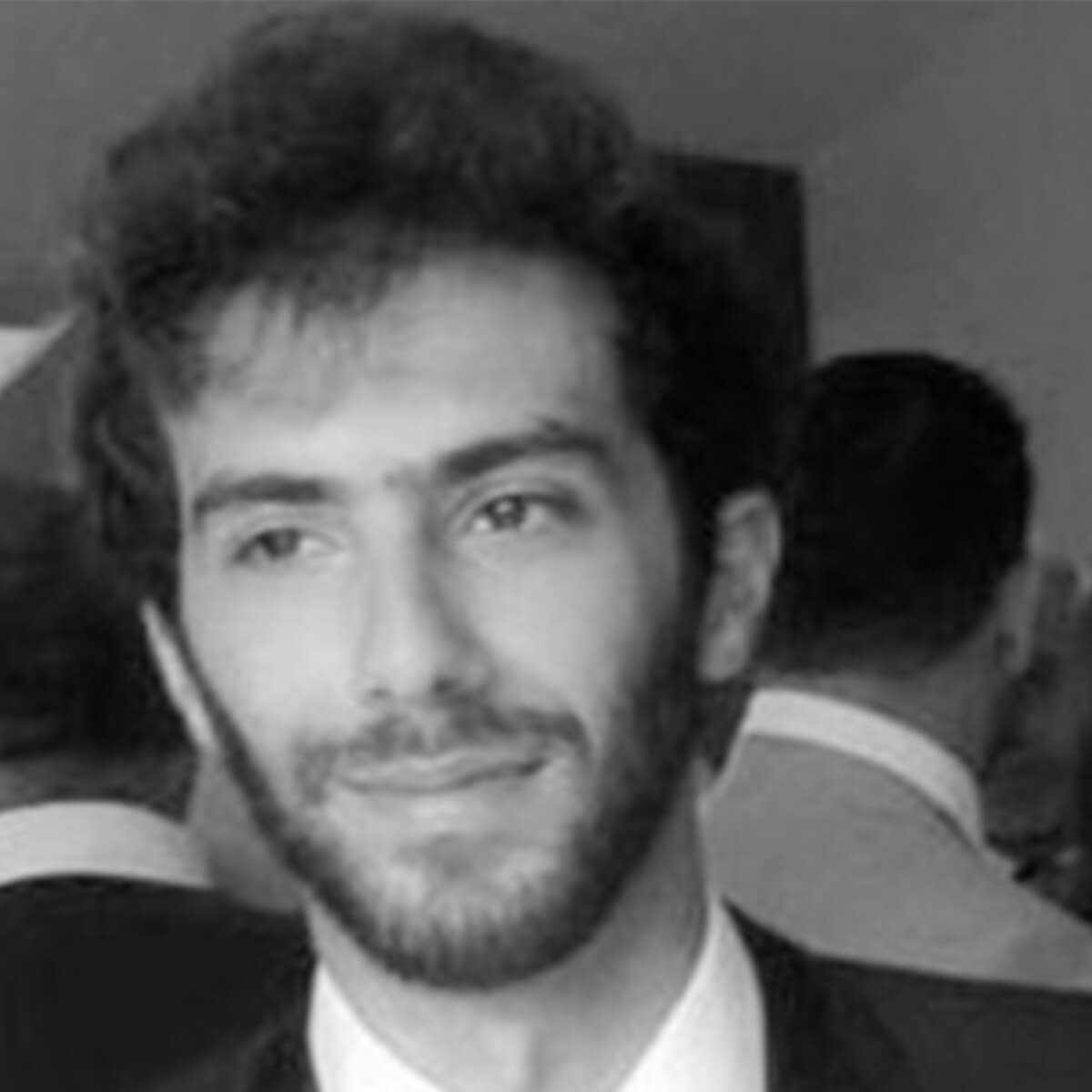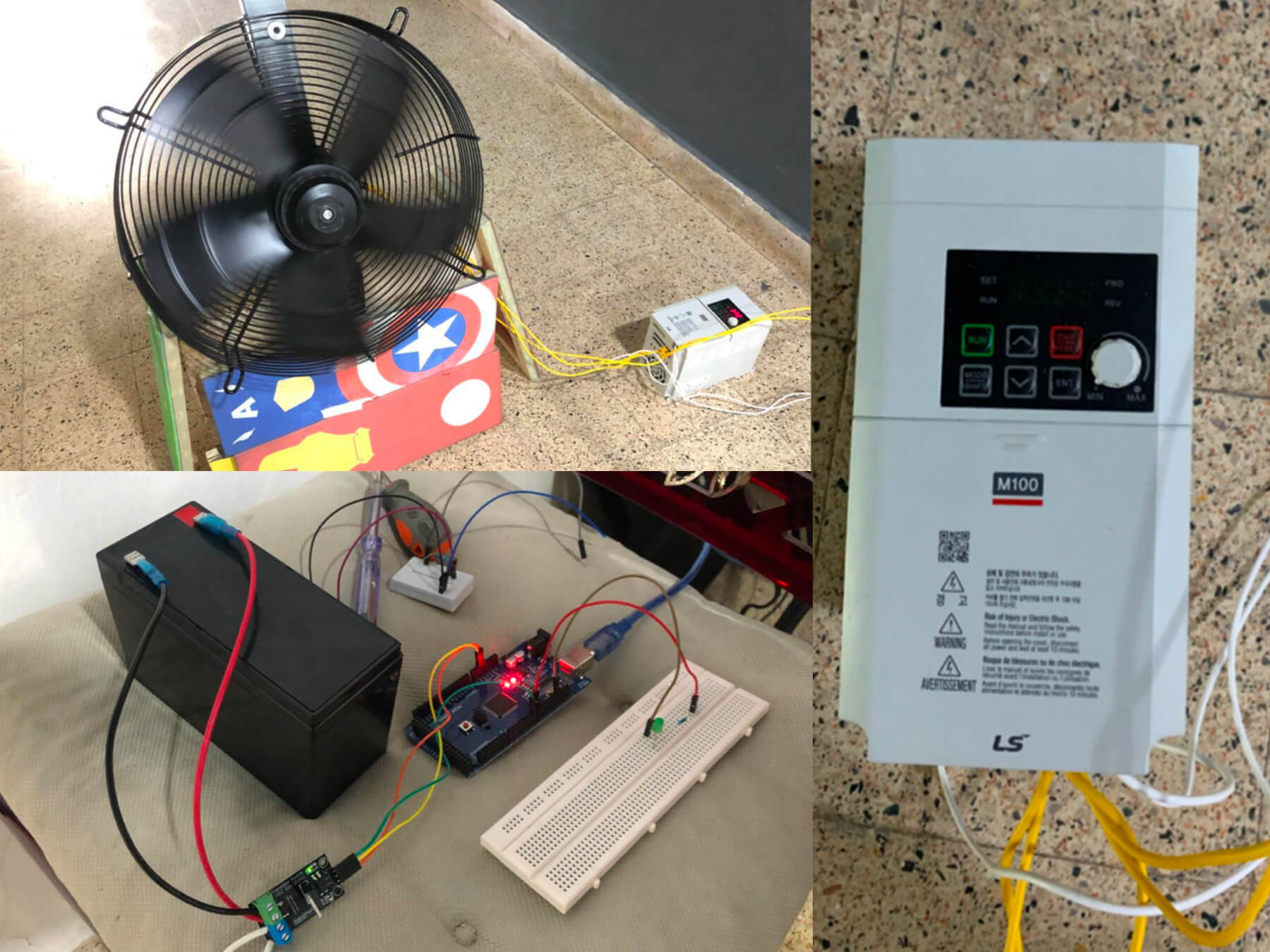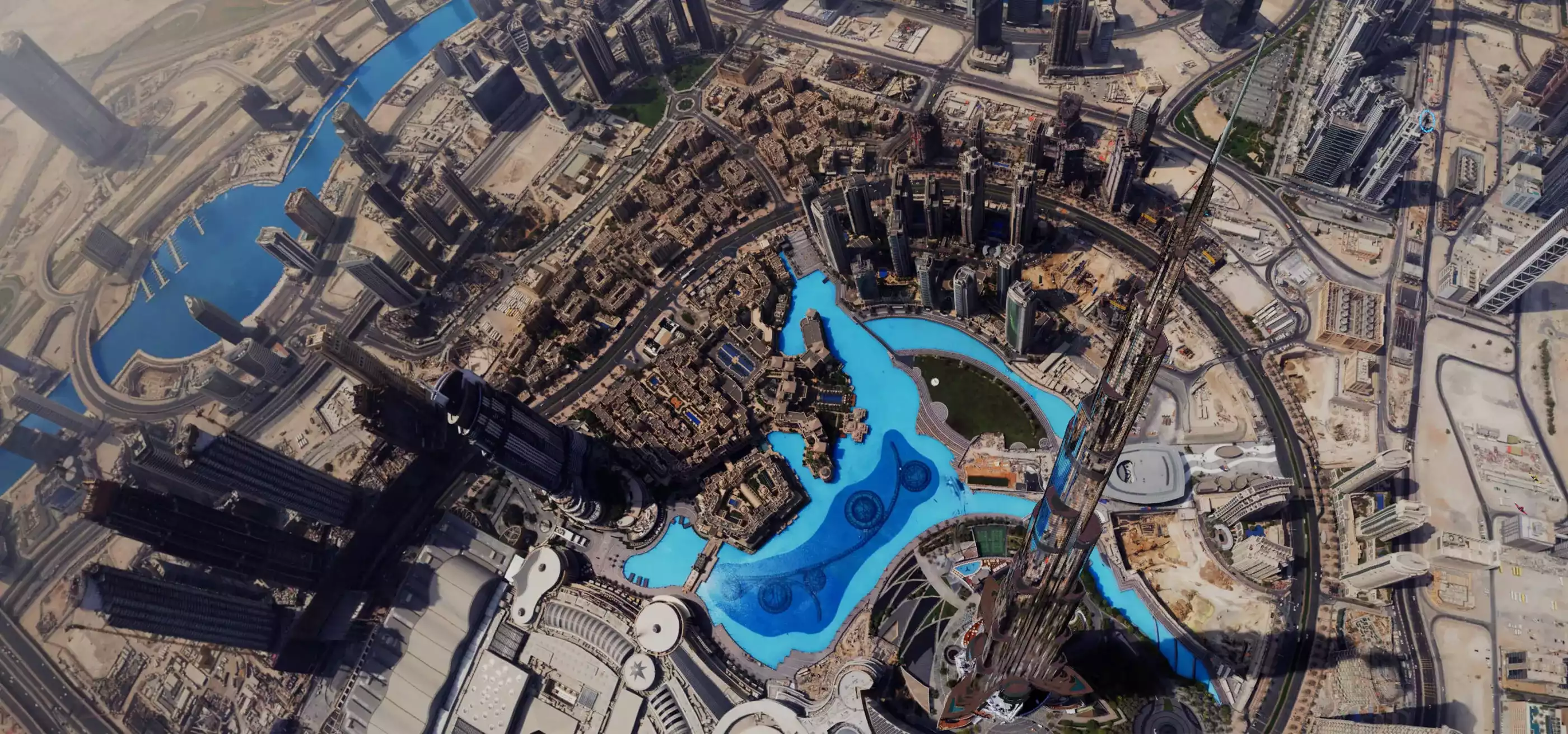Towering over the city at 2,722 feet, Dubai’s iconic Burj Khalifa is the tallest building in the world. Soon, tourists and visitors brave enough to ascend it will be able to transform into a falcon and soar around the massive skyscraper as the wind blows past them — all thanks to an internationally award-winning virtual reality experience developed by DigiPen graduate Marc Moukarzel.
After graduating from DigiPen’s BS in Computer Science in Real-Time Interactive Simulation program in 2017, Moukarzel decided to leave Redmond to return to his home country of Lebanon. There, he landed a job working with the development studio Game Cooks in Beirut. His first two years at the company found him working on games like Highway Madness, a multiplayer VR game now out on Steam, and the atmospheric, currently in-development puzzle-platformer Yogo and the Wandering Carnival.

In November of 2018, however, Moukarzel quickly found himself shifting gears. The Burj Khalifa had partnered with HTC VIVE and Dubai Future Accelerators to announce the “VR and Beyond” competition, inviting VR content developers across the world to submit a Burj Khalifa-themed VR experience. The winner would earn both a $136,000 cash prize and the chance to show their work for the next year-and-a-half to the thousands of people who visit the top of the Burj Khalifa every day. Intrigued, Game Cooks decided to throw their hat in the ring along with 120 other international developers who competed for top honors.
“We’re from the region, so we know Dubai very well,” Moukarzel says. “Some of the people at Game Cooks lived there for a couple of years and knew a lot about the culture. So we knew we could present the best idea and have the best execution.”
Mourkarzel, the sole developer on what would become Dubai Rising Falcon, immediately set to work. “Our biggest challenge was time,” Moukarzel says. “We only had two weeks to create a prototype that we had to showcase in Dubai in front of the jury, so we had no room for error. The development of the prototype was made in record time!”
Game Cooks found inspiration for their prototype in the national bird of the United Arab Emirates, the falcon. “It’s a symbol of force and courage,” Moukarzel says, “and what could be better than flying as a falcon from the world’s highest tower?” When players put on their VR headsets, they’re first treated to a virtual fly-by of the Burj Khalifa in a helicopter. Then, they jump on a death-defying zip line from the helicopter to the top of the Burj, where, finally, they morph into a falcon and fly around the tower, taking in realistic views of its inspiring architecture and the vast cityscape below. Once their prototype was approved by the jury, the team had two-and-a-half months to complete the final version.
Working with a 3D artist on the team, Moukarzel and Game Cooks went to great lengths to faithfully recreate the Burj Khalifa and Dubai’s scenery in their simulation. “We sent out drones from the highest point of the Burj and took over 170 images at ultra-high resolution that we had to stitch back together and edit afterward to achieve a realistic result,” Moukarzel says. “Since the tower is so big and has so many details and reflective materials, we had to do a lot of optimization for it to work with no frame rate drops in VR. It was a challenge to have an experience this realistic and smooth that didn’t cause any motion sickness too.”

Once all the polish had been put in and the game was reaching its final state, Moukarzel still wasn’t completely satisfied. Despite the immersive soundscape that had been added, and the haptic feedback he’d gotten working in the controllers, Moukarzel wanted to take Dubai Rising Falcon a step further. The clever solution he came up with ended up taking him all the way back to his first year at DigiPen.
“I decided to use information I learned at DigiPen in my CS 100 class, and with some additional research, I was able to create a dynamic fan system linked to the game that blows wind at the user depending on the game state or player actions while flying,” he says.
That inventive “4D” addition to the experience helped put Dubai Rising Falcon over the top, earning Game Cooks the competition’s top prize this June.
“I was thrilled knowing that all my hard work led somewhere,” Moukarzel says. “It gave me a lot of motivation to continue exploring new challenges to achieve even bigger goals.”
